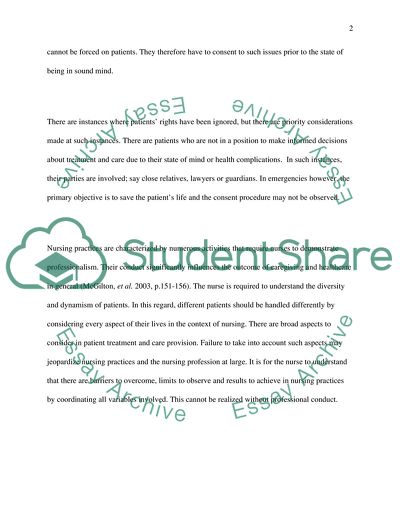The title is on the attachment sheet of 1003 number 3 and 4 Essay. https://studentshare.org/nursing/1766290-professional-and-ethical-issues-in-nursing
The Title Is on the Attachment Sheet of 1003 Number 3 and 4 Essay. https://studentshare.org/nursing/1766290-professional-and-ethical-issues-in-nursing.


